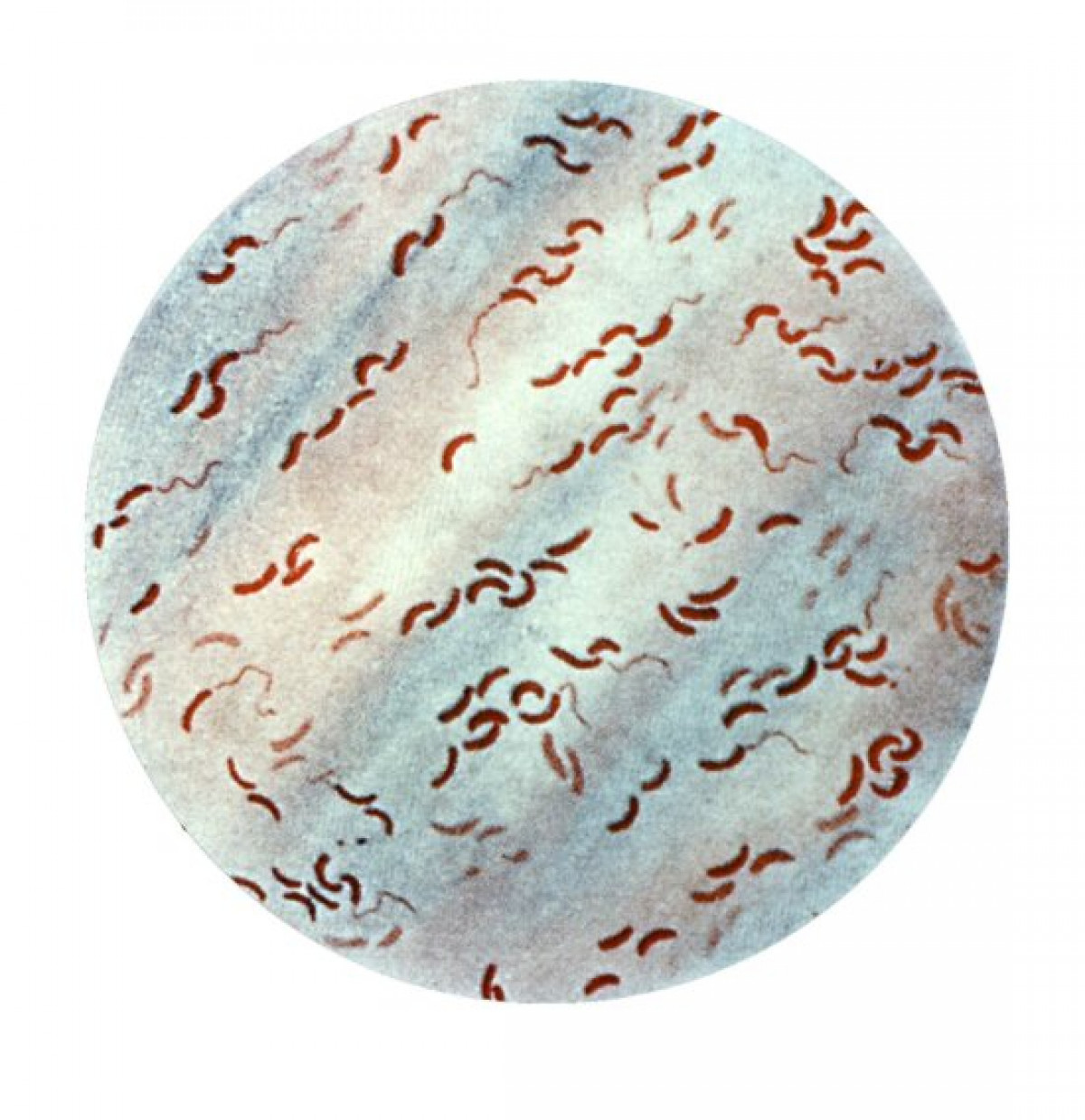

Chitwan is at high risk of cholera outbreaks. The risk has increased due to the daily commute of the residents from Hetauda coming to Chitwan for treatment.
As the urban area of Bharatpur is inundated during the rainy season, there is a high risk of water pollution at any time. Stakeholders have also urged to pay special attention to food to avoid cholera. Physician Dr Pramod Poudel of Bharatpur Hospital mainly suggests drinking pure water. According to him, the infection cannot be spread by drinking purified water. He suggested washing hands thoroughly with soap and water after returning to the toilet and eating fruits thoroughly with clean water.
“Drink only boiled or chlorinated water,” Poudel said. He said that high caution should be exercised while visiting the area where cholera has spread. He said that special attention should be paid as sewage can seep into drinking water pipes.
Cholera may be accompanied by symptoms such as frequent diarrhoea, abdominal pain, fever, dehydration, and low blood pressure. He suggested that if any symptoms of the disease are seen, it should affect the kidneys and even lead to death.
Executive Director Prajapati Dahal says that the Bharatpur Drinking Water Management Board has paid special attention not to spread the infection through the water. He said that special monitoring has been carried out in the submerged area of Bharatpur saying that the frozen water could enter from the place where the pipe burst. He informed that samples are being collected regularly from various places and tests are being carried out.
Two days ago, a meeting of the District Sanitation and Hygiene Committee, Chitwan, had decided to pay special attention to water resources and distribution. In Bharatpur metropolis, 92 percent of people have been consuming water distributed by the government. According to the doctor, the risk of infection is high as patients come to the district from neighbouring districts for treatment.
Chief District Officer Asman Tamang said that the concerned bodies have been urged to take high precautions as there is a risk. He said that necessary precautions should be taken to prevent the spread of the disease. He said that necessary arrangements will be made for control and treatment in the hospital.